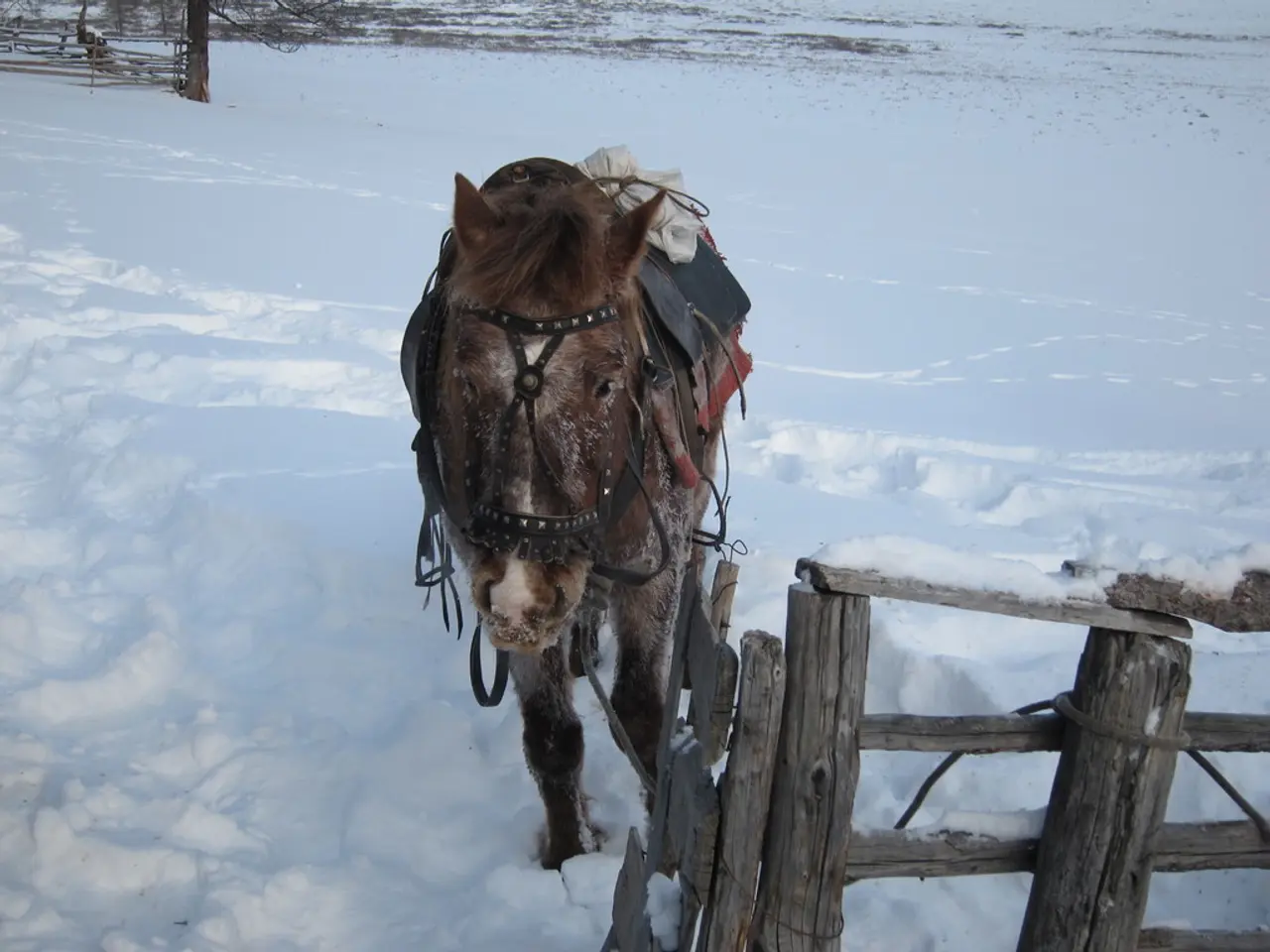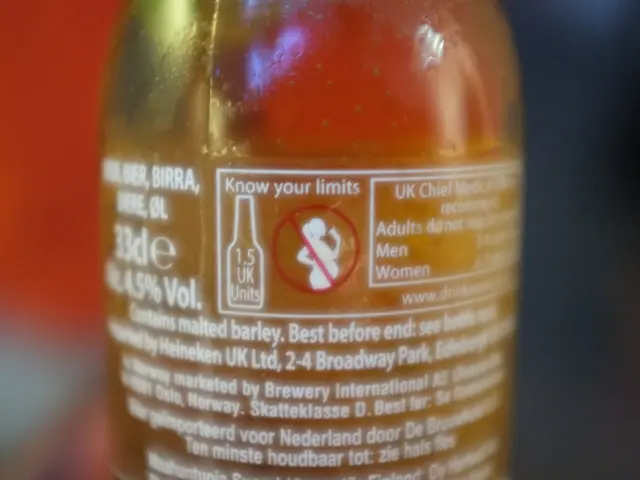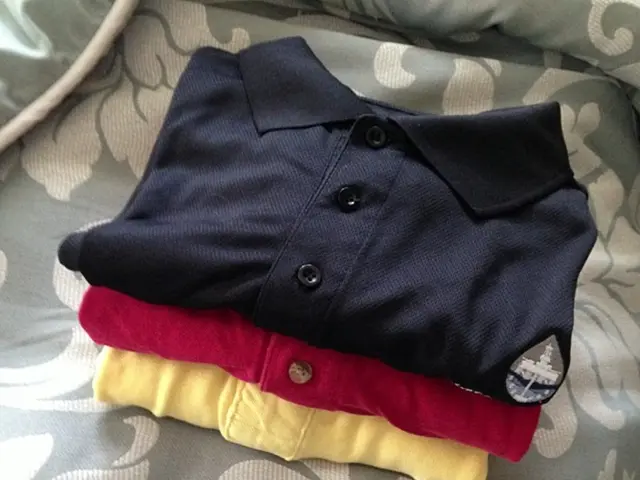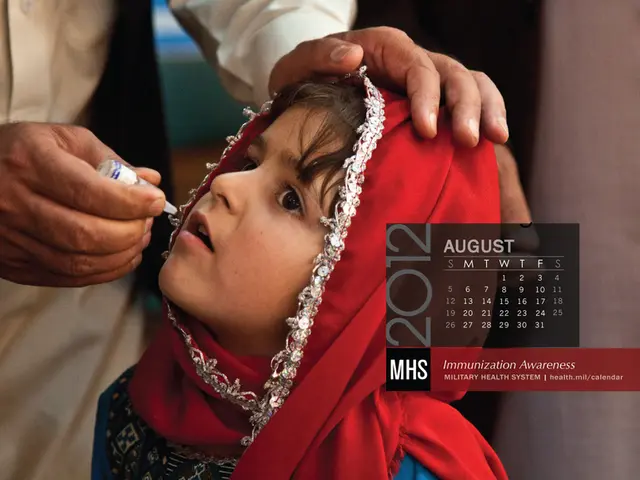Rural women rejuvenate ancient donkey breeding, bolster local economies, and innovate skin care with dairy-based merchandise
In the heart of India, a pioneering social enterprise named Organiko is making waves, blending traditional knowledge with sustainable social entrepreneurship. Founded in 2016 by Pooja Kaul, a student at the Tata Institute of Social Sciences, Organiko is a trailblazer in the production of donkey milk-based organic skincare products.
During her postgraduate pilot study in Solapur, Maharashtra, Pooja encountered the Lashkar community of migrant laborers. These individuals depend on donkeys for their livelihood but struggle to care for them due to low income. Despite the richness of donkey milk in nutrients and its skin benefits, there was no local demand.
Pooja spent six months building trust with the community and developed a pilot product line that included handmade soaps inspired by traditional remedies, made from donkey milk collected hygienically—milked only on alternate days after foals were fed, ensuring animal welfare.
Organiko's product range has expanded since then, encompassing soaps, face packs, and plans for sunscreens, creams, and serums, priced between Rs 350 and Rs 1,400. The brand processes over 500 orders monthly and ships across Indian states, including Tamil Nadu, Karnataka, Kerala, and Delhi.
One of the unique aspects of Organiko is its role in uplifting economically vulnerable communities. By creating sustainable income opportunities linked to the donkey milk supply chain, the enterprise has empowered over 150 families in migrant labor communities.
Before Organiko, donkey owners in India, particularly women, were earning only Rs. 200-Rs. 500 a day and were seasonal migrants. Now, women run donkey farms, feed the donkeys, and take care of hygiene with dignity, thanks to Organiko. Many donkey owners have constructed decent shelters for their donkeys and are taking care of them with the same respect as cows or buffaloes.
The concept of donkey milk rearing has spread so rapidly that Organiko now gets 50-60 calls every day from farmers who are keen to become part of the movement. The enterprise offers Rs. 1300 or more a litre for donkey milk, providing a respectful alternative source of livelihood for these families.
Moreover, Organiko's skincare products are particularly suitable for sensitive skin, acne, and pigmentation. They are 100% natural, chemical-free, and handmade, infused with donkey milk and Ayurvedic oils.
India is not the only country recognising the worth of donkey milk; China, Poland, and Pakistan already use it for its medicinal and cosmetic value. Due to continuous advocacy, donkey rearing has now been incorporated under the National Livestock Mission by the Government of India.
In contemporary skin care, donkey milk is valued for its healing and anti-aging benefits, as well as its similarity to human breast milk. It is used in Ayurveda to treat respiratory and gastrointestinal diseases.
As Organiko continues to grow, it is not just revolutionising the skincare industry but also empowering communities and promoting sustainable use of donkey milk harvested under ethical conditions.
Read also:
- Construction fleet and urban transport emissions could see a significant reduction with the implementation of biogas as a game-changing solution.
- Fiercely battling for survival, a student hails from Ludwigsburg
- Pforzheim encounters 'intrinsic difficulties' as per the findings of the study
- Shifting Magnetic Dynamics: Variations in Earth's Magnetic Field and Their Impact on Global Climate Patterns








